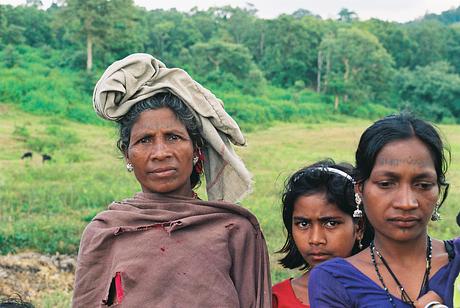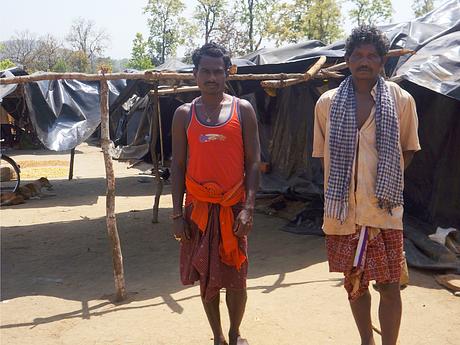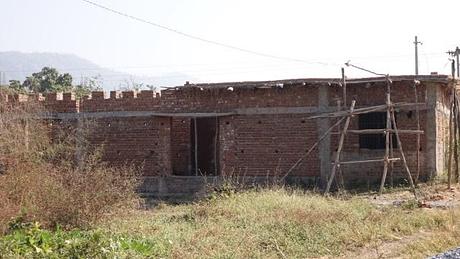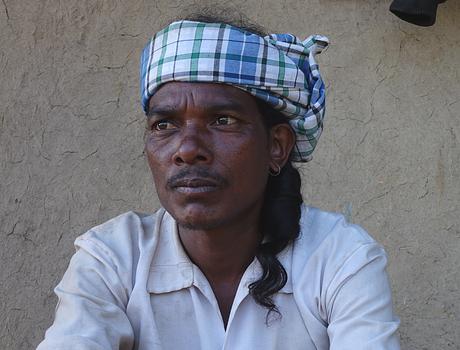Tribe facing brutal eviction from “Jungle Book country”
February 8, 2017
 © Survival
© SurvivalThis page was last updated in 2017 and may contain language which is now outdated.
Tribal villagers in India have made a desperate plea to be allowed to stay on their ancestral land in central India – a region which inspired Rudyard Kipling’s Jungle Book – in the face of threats from the local forest department to illegally evict them.
The Baiga people from Rajak village in Achanakmar tiger reserve have been told that they must leave land they have been dependent on and managed for generations – despite there being no evidence that their presence there harms the environment. They have the right to stay under Indian and international law.
Indian campaigners have previously alleged that “corrupt officials can… siphon off money” from the funds the authorities make available for relocations.
Elsewhere in India, tribes who have been “relocated” from their ancestral land have been moved to inadequate government settlements or forced into lives of poverty on the fringes of Indian society.

One Baiga man said: “If somebody takes me from the jungle to the city then it is as if they are killing me.”
In a letter to the forest department, the Baiga said: “In Rajak the land is very fertile and we have been living here for generations. But because the village is in the core area [of the tiger reserve], we are continuously under pressure. We are being told to go to Bharatpur village. We have seen the land there, it is full of stones and it will not fulfill our needs. It is not suitable for us to raise our children there and their futures will be ruined.”
Survival’s Director Stephen Corry said: “India’s forests are still being destroyed by industrial “development” and tigers are still being poached. But forest officials choose to bully tribal people and throw them off their land. It’s a con, and it’ll harm the environment. It’s time the big conservation organizations condemned these fake “voluntary” relocations and admitted what they really are, illegal evictions that lead directly to the destruction of entire peoples.”
 © Sandip Dey
© Sandip Dey
Background briefing
- “Relocations” must be voluntary under Indian law. Despite this, tribal people are frequently bribed, threatened with violence and, in some cases, face arrest and beatings, torture and even death.
- Achanakmar was originally established as a wildlife sanctuary and declared a tiger reserve in 2009. Its 914 square kilometers are home to tigers, leopards, sloth bears, elephants and striped hyenas, among other species.
- Baiga means “medicine man.” Baiga people are known for their distinctive tattoos, and for their very close relationship to their environment.
- Tribal people were evicted from Similipal tiger reserve in 2013, and were soon after found living in dire conditions under plastic sheets.
- Many Baiga were evicted from the nearby Kanha tiger reserve in 2014. They received no land, houses, or support but were supposed to find land to buy with their compensation money, an alien concept for those who’d lived all their lives in the forest. They told Survival: “We got some money, but we are lost – wandering in search of land. Here there is only sadness. We need the jungle.”
- In one tiger reserve in southern India where Soliga tribal people won the right to stay on their land, tiger numbers have increased at well above the national average.

Tribal peoples’ lands are not wilderness. Evidence proves that tribal peoples are better at looking after their environment than anyone else. They are the best conservationists and guardians of the natural world. They should be at the forefront of the environmental movement.
But tribal peoples are being illegally evicted from their ancestral homelands in the name of conservation. The big conservation organizations are guilty of supporting this. They never speak out against evictions.



